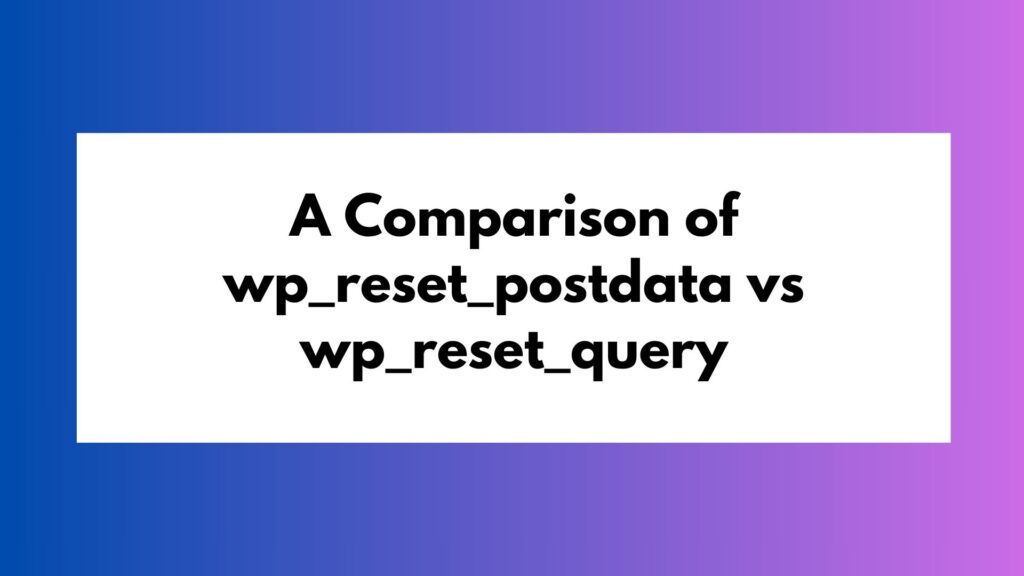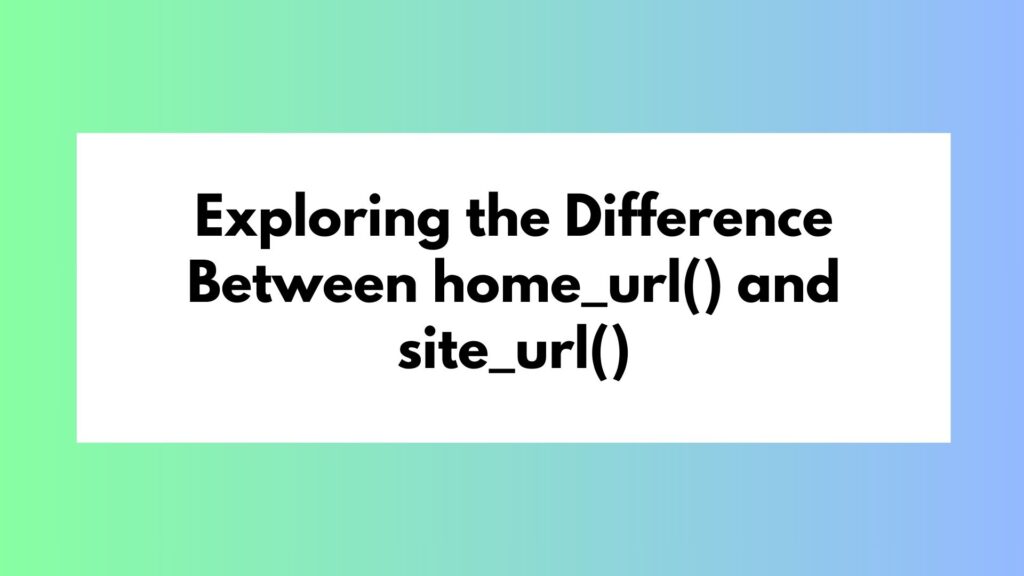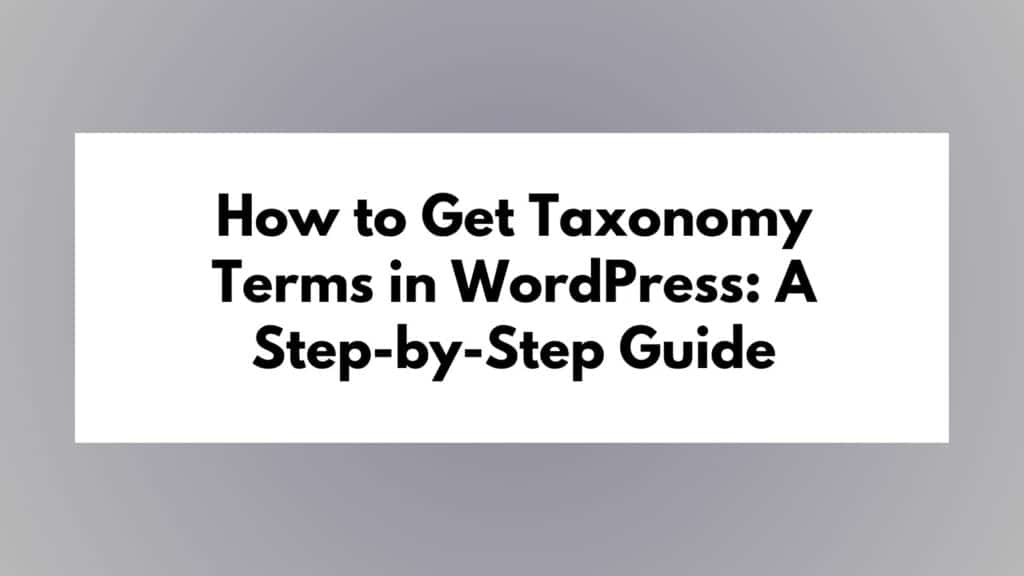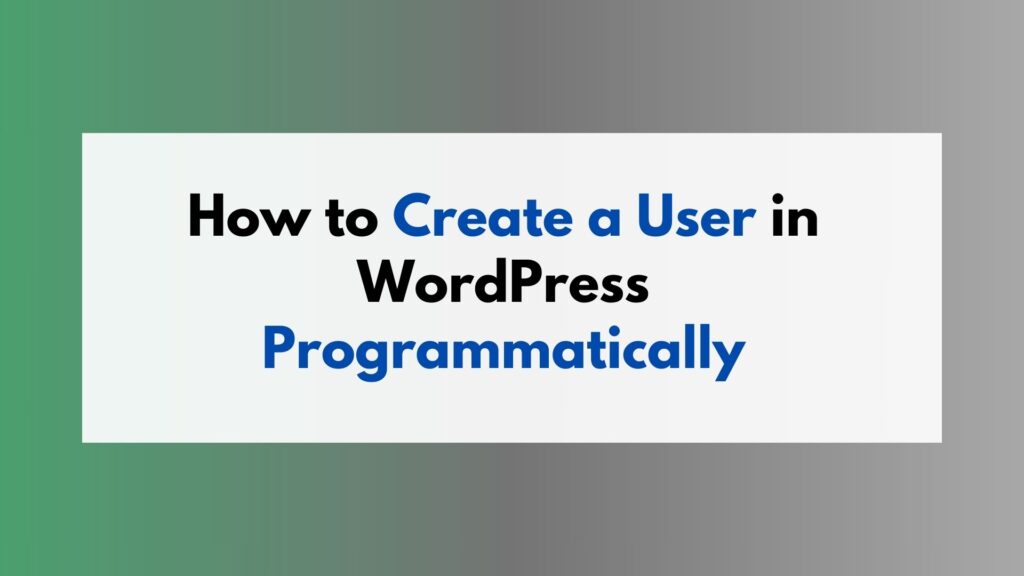
To programmatically retrieve the version of WordPress you are using, you can utilize various methods and functions within the WordPress ecosystem. In this article, we will explore different approaches and provide real-use examples with detailed explanations.
WordPress, being one of the most popular content management systems (CMS), is widely used by individuals and businesses alike. Whether you are a developer or a website owner, having the ability to programmatically obtain the WordPress version can be useful for various purposes, such as troubleshooting, plugin compatibility, or ensuring you are running the latest release.
Here are several methods to retrieve the WordPress version programmatically:
Method 1) Making use of the global $wp_version variable
WordPress stores its version information in the global $wp_version variable. To access this information, you can simply echo or use this variable in your code. Here’s an example:
<?php global $wp_version; echo "WordPress version: " . esc_html( $wp_version ); ?>
This method provides a quick and straightforward way to retrieve the WordPress version.
Method 2) Utilizing the get_bloginfo() function
WordPress provides the get_bloginfo() function, which allows you to retrieve various site-related information, including the WordPress version. You can use the 'version' parameter to specifically fetch the version number. Here’s how you can do it:
<?php $wordpress_version = get_bloginfo( 'version' ); echo "WordPress version: " . esc_html( $wordpress_version ); ?>
This approach is particularly useful when you need to retrieve other site-related information along with the version.
Conclusion
Retrieving the WordPress version programmatically is a valuable skill for developers and website owners. In this article, we explored three different methods to obtain the WordPress version using global variables, built-in functions, and parsing the readme.html file. Each method offers its own advantages and can be used depending on your specific requirements.





